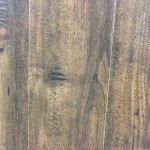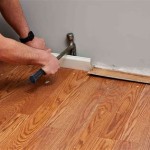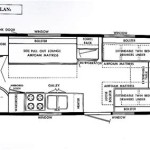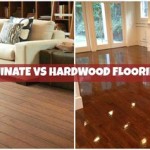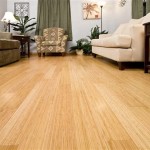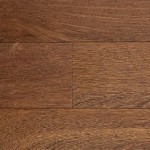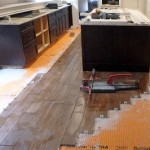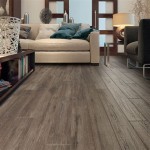Essential Aspects of Engineered Hardwood Flooring Designs
Engineered hardwood flooring has gained immense popularity in recent years due to its durability, beauty, and versatility. It is designed to combine the natural aesthetics of traditional hardwood with enhanced performance and stability. Here are some essential aspects to consider when exploring engineered hardwood flooring designs:
Construction: Engineered hardwood flooring comprises multiple layers. The core layer, typically made of plywood or high-density fiberboard (HDF), provides stability and strength. The top layer, known as the wear layer, consists of real hardwood species that determines the appearance and durability of the flooring.
Species: The choice of hardwood species for the wear layer significantly impacts the look and feel of the flooring. Common species include oak, maple, walnut, cherry, and hickory. Each species offers unique grain patterns, color variations, and hardness ratings.
Finish: The wear layer of engineered hardwood flooring is typically finished with a protective coating to enhance durability and aesthetics. Options include oil-based, water-based, or UV-cured finishes. Oil-based finishes penetrate the wood, creating a more natural and matte appearance. Water-based finishes provide a more durable and scratch-resistant surface. UV-cured finishes offer high resistance to wear and fading.
Plank Size and Pattern: Engineered hardwood flooring comes in various plank sizes and patterns. Common plank widths range from 3 to 8 inches, while lengths typically vary from 12 to 72 inches. The plank pattern, such as random lengths, fixed lengths, or herringbone, influences the overall look and style of the flooring.
Installation Methods: Engineered hardwood flooring can be installed using different methods. Nail-down installation involves securing the planks directly to a subfloor with nails. Glue-down installation utilizes adhesive to bond the planks to the subfloor. Float installation involves locking the planks together without the use of nails or glue. The choice of installation method depends on factors such as the subfloor type and the desired level of stability.
Maintenance: Regular maintenance is essential to keep engineered hardwood flooring looking its best. Regular sweeping, vacuuming, and occasional damp mopping are recommended. Avoid using harsh cleaning agents or abrasive materials that can damage the finish. Periodic refinishing may be necessary to maintain the flooring's appearance and durability.

Best Flooring Ideas For Your Living Room Factory Liquidators

Advantages Of Engineered Hardwood Flooring
Engineered Wood Flooring Floor Decor

2024 Wood Flooring Trends 21 Trendy Ideas

The Rise Of Engineered Hardwood Great Designs Flexible Installation Options 2024 03 04 Floor Trends

Bespoke Natural Grey Engineered Oak From Reclaimed Flooring Co Farm House Living Room Design Styles

Kelowna Design Trends Wire Brushed Engineered Hardwood Smalls Tile Flooring

Hardwood Floors Gain Bolder Design Technical Advancements In 2024 Floor Trends Installation

Best Engineered Wood Flooring Options Forbes Home

Solid Hardwood Flooring Vs Engineered Honest Review
Related Posts

